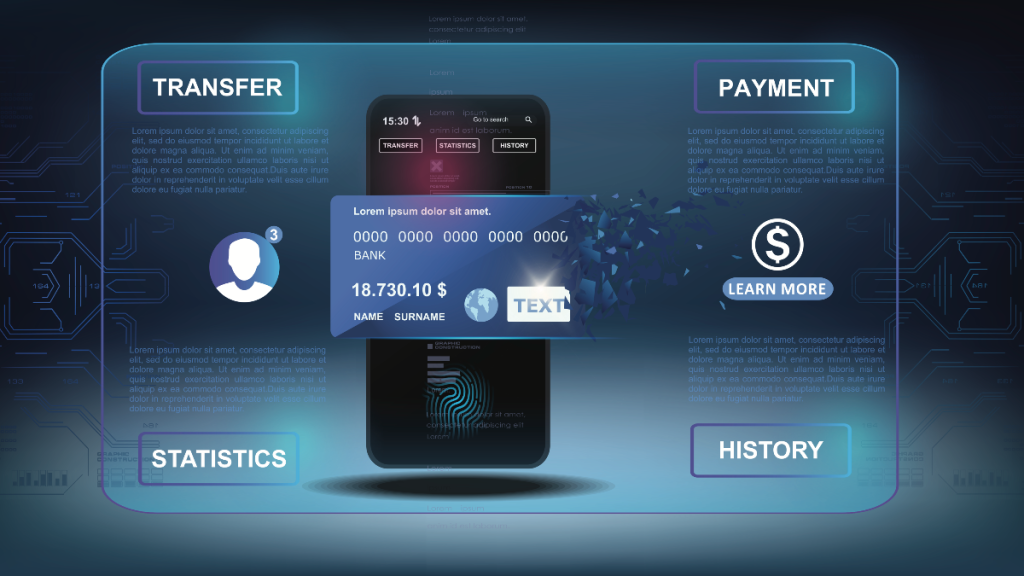
The potential of telcos to expand beyond communications and integrate FinTech functionality on their network, creating huge business possibilities for both sectors.
- The rising popularity of mobile wallets is attributed to their convenience and safety in finalizing payments through various technologies.
- The merging of telco and fintech industries is crucial to unlock a more financially inclusive tomorrow.
________________________
The global scope and coverage of telcos are enormous. It should be clear that telcos can use this reach for possibilities outside of communications. Huge business possibilities for both sectors could be unlocked if telcos made FinTech functionality available on their network. Bringing financial solutions that disrupted the financial sector and refreshed it.
Why Electronic Wallets Are Becoming More Popular
Mobile wallets use various technologies to finalize payments, including Near Field Communications (NFC), Magnetic Secure Transmissions (MST), QR codes, and others. Thanks to this, users can now easily make purchases both online and at points of sale. This payment method’s safety is one of the factors contributing to its rising popularity. A security system that uses tokenization in mobile and digital accounts protects your credit or debit card information. You will also be asked for a security PIN and a fingerprint or face recognition when using mobile wallets, further enhancing security.
It may be comparatively easy to sign up for a mobile wallet, which promotes greater financial inclusion for a wider range of people. Typically, getting a mobile wallet involves downloading an app, finishing a quick online onboarding and eKYC procedure, connecting your bank account or credit card, and that’s it. Some digital wallets don’t need to be linked to a bank or card account. Users can use real currency deposit machines or other methods to top up their digital or mobile wallets. The appeal of mobile wallets has also been increased by a few special features like inexpensive remittances, digital loyalty cards, and cutting-edge financial goods and services.
Mobile Wallet Space Continues to Grow
Telcos, delivery companies, and even parking payment companies are among the non-traditional banking names that are making inroads into the digital wallet market. Customers can use smartphone wallets from companies like Touch and Go, Grab, and Shopee, which are popular throughout Asia-Pacific in Malaysia and Singapore. The well-known telco STC has introduced its mobile wallet, STC Pay, in Bahrain and Saudi Arabia. With the wallet, users can pay their internet bills, top up their accounts, and make purchases at various merchant locations throughout the Middle East and North Africa (MENA) region.
Mobile wallets can increase financial inclusion by making it easier for migrant workers who do not yet have a bank account to rapidly access their paycheck. For instance, employees can get their pay immediately on mobile money apps. Since they lessen reliance on cash and provide a safer method to conduct financial transactions online with little chance of fraud and theft, mobile wallets are the ideal answer for enhancing financial inclusion.
Additionally, mobile wallets eliminate the need for middlemen when facilitating international transfers, and the entire procedure is open. People can conduct business anywhere as a result, giving them greater financial control, which boosts customer confidence and trust.
Concluding Thoughts
It would be advantageous if we considered the merging of the telco and fintech industries from the user’s point of view. Users could use their regular feature phones as their e-wallet for online banking and many other banking functions, even in locations with either very slow data access or none at all. This can be crucial for us to unlock a more financially inclusive tomorrow.
Inside Telecom provides you with an extensive list of content covering all aspects of the tech industry. Keep an eye on our Fintech sections to stay informed and up-to-date with our daily articles.